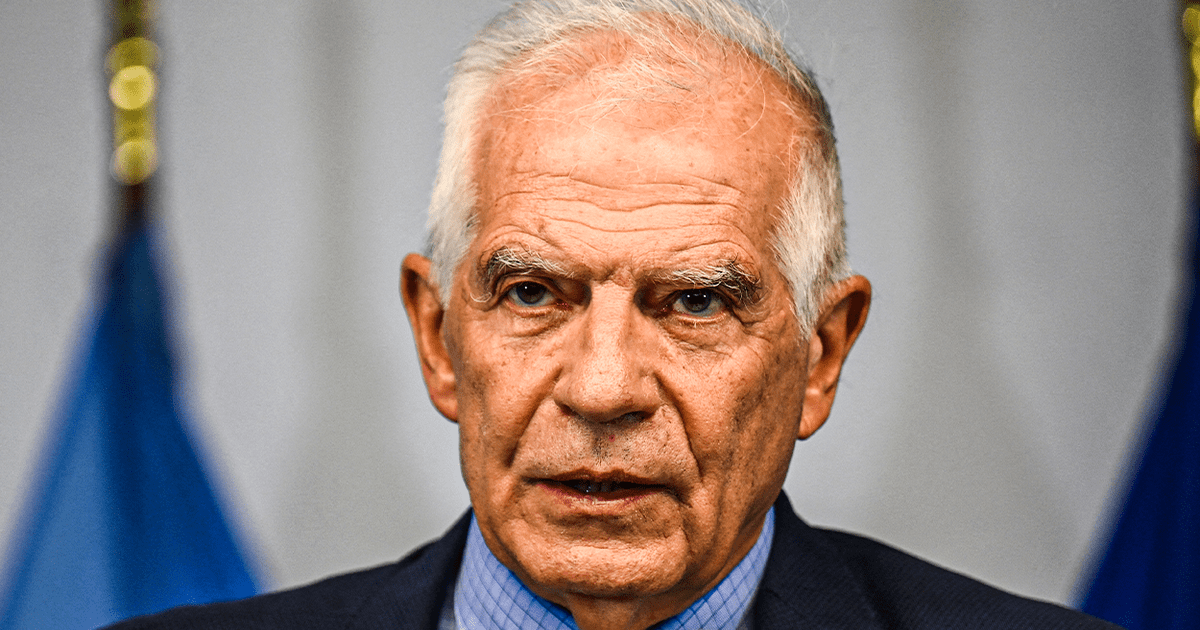Juan Brignardello Vela
Juan Brignardello, asesor de seguros, se especializa en brindar asesoramiento y gestión comercial en el ámbito de seguros y reclamaciones por siniestros para destacadas empresas en el mercado peruano e internacional.




When it comes to the complex world of sperm donation and assisted reproduction, the ethical boundaries can often blur, leaving behind a trail of moral dilemmas and unanswered questions. The recent revelation of Jonathan Meijer, a man accused of fathering hundreds of children through sperm donations across the globe, has sparked a heated debate on the implications of his actions. Featured in a new Netflix documentary series, ominously titled 'The Man with 1000 Kids,' Meijer stands by his decision to donate his sperm extensively, claiming that there is nothing wrong with his actions. However, the scale of his donations has left many mothers and families unaware of the vast number of biological siblings their children may have. In a candid interview with Nuala McGovern on BBC Radio 4's Woman's Hour, Meijer defended his actions, asserting that the documentary unfairly focuses on dissatisfied individuals rather than the numerous families he believes are grateful for his contributions. This stance was refuted by Natalie Hill, the executive producer behind the Netflix series, who dismissed Meijer's claims as 'completely untrue.' The debate was further fueled by Suzanne and Natalie, a couple who had a child through Meijer's sperm donation. Expressing their concerns on the show, they criticized Meijer for not comprehending the far-reaching consequences of his actions and questioned his willingness to take responsibility for his offspring. Rachel Cutting, Director of Compliance and Information at the Human Fertilisation and Embryology Authority (HFEA), weighed in on the matter, highlighting the potential distress the Netflix series could cause to families with donor-conceived children. The HFEA advised women in the UK to opt for licensed clinics to ensure transparency and accountability in the donation process. As the controversy surrounding Jonathan Meijer unfolds, the ethical implications of sperm donation and assisted reproduction remain at the forefront of public discourse. The conflicting perspectives presented in the documentary shed light on the intricate web of emotions and consequences that intertwine with such deeply personal decisions. The impact of Meijer's actions on the lives of the children he has helped create underscores the need for greater ethical oversight and consideration in the realm of donor conception.
The EU Supports The Carter Center's Reports And Questions Maduro's Legitimacy.

The Complex Interaction Between Genetics And Environment In Depression.

"Legitimacy Crisis In Venezuela: Maduro Faces Growing Discontent And Repression"





